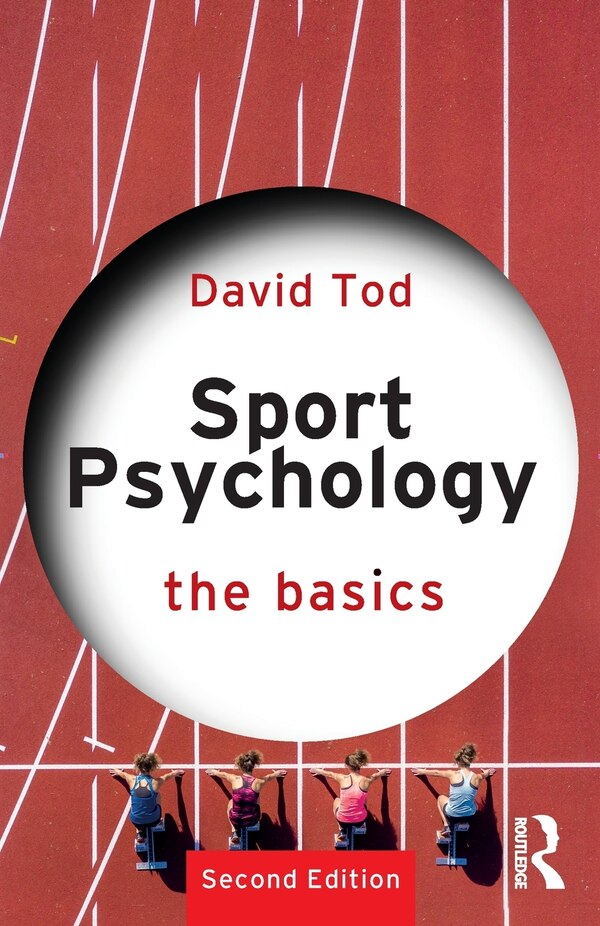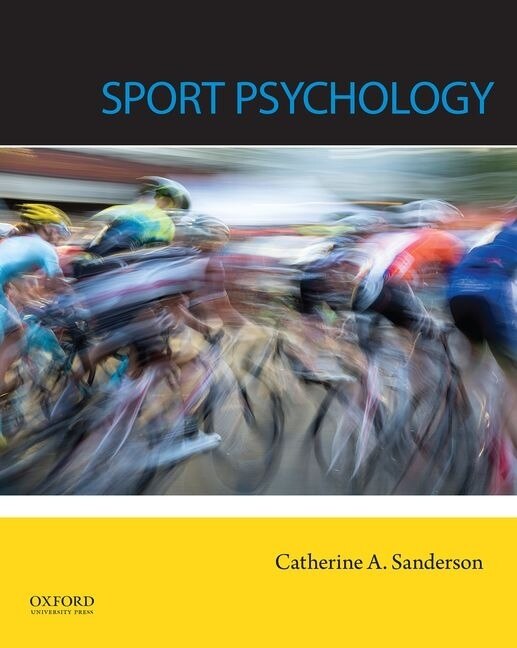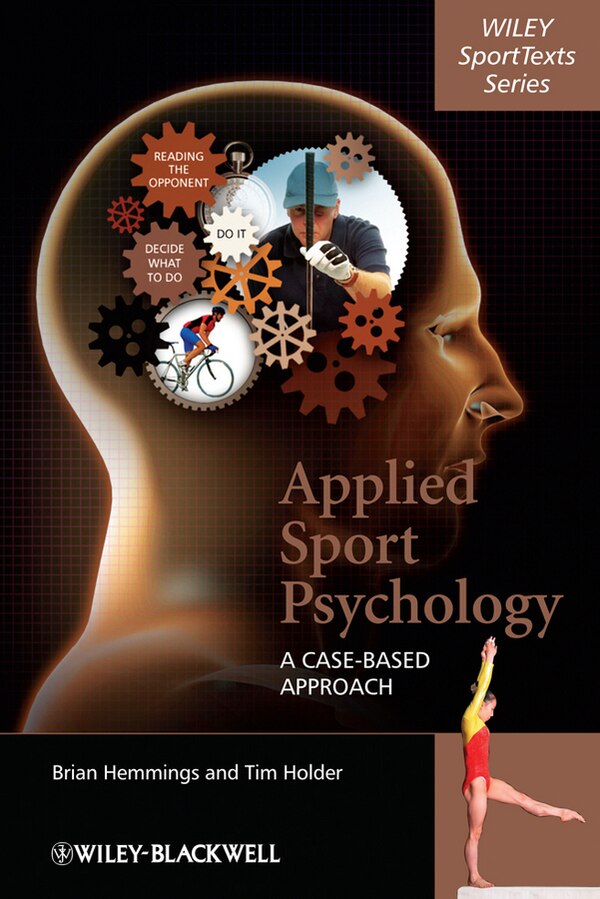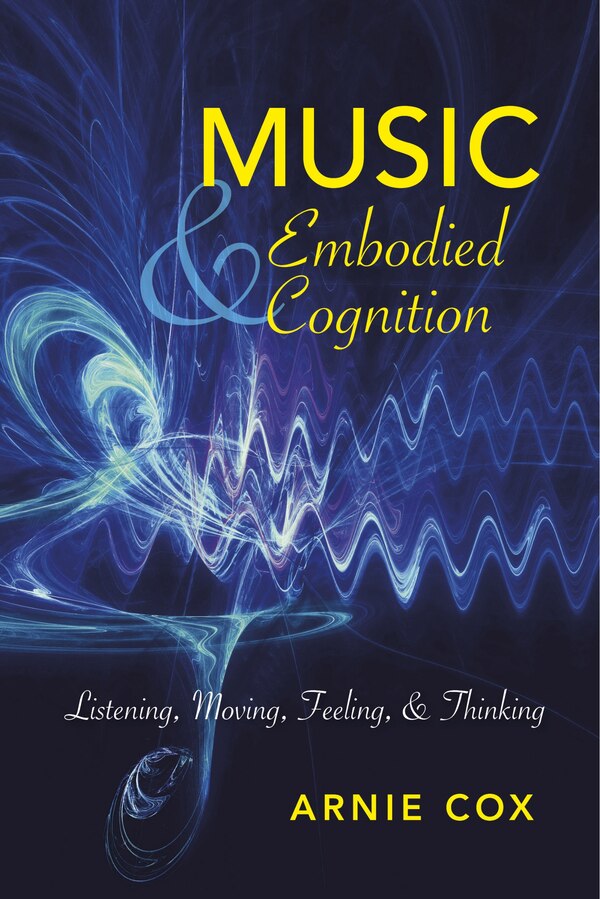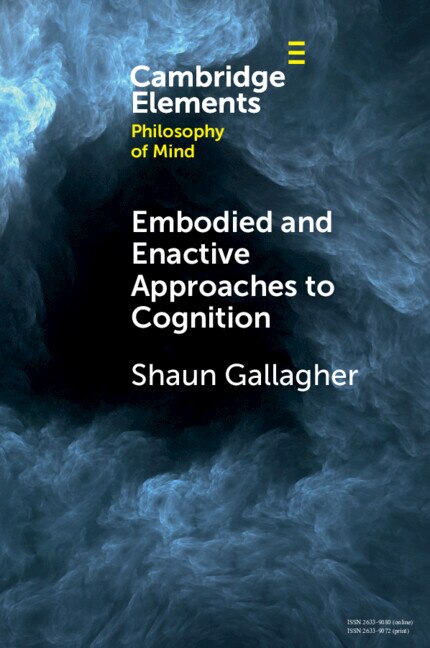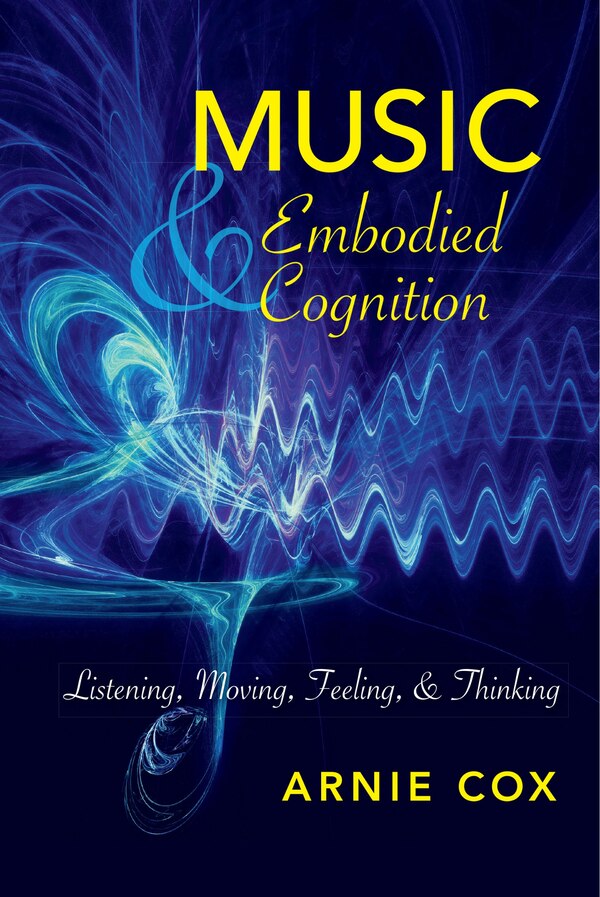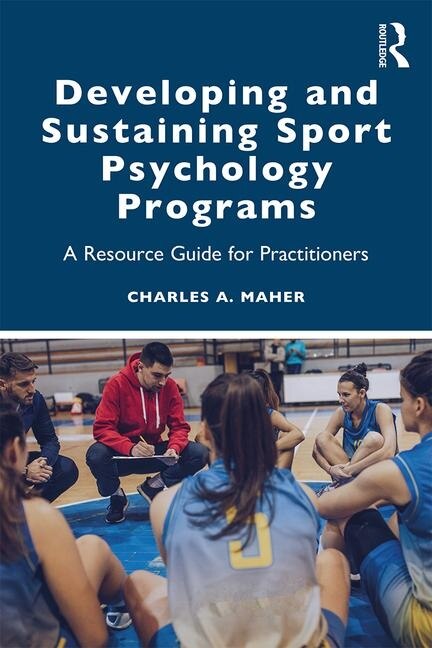
Give the Gift of Choice!
Too many options? Treat your friends and family to their favourite stores with a Bayshore Shopping Centre gift card, redeemable at participating retailers throughout the centre. Click below to purchase yours today!Purchase HereHome
Handbook Of Embodied Cognition And Sport Psychology by Massimiliano L. Cappuccio, Hardcover | Indigo Chapters
Coles
Loading Inventory...
Handbook Of Embodied Cognition And Sport Psychology by Massimiliano L. Cappuccio, Hardcover | Indigo Chapters in Ottawa, ON
From Massimiliano L. Cappuccio
Current price: $112.00

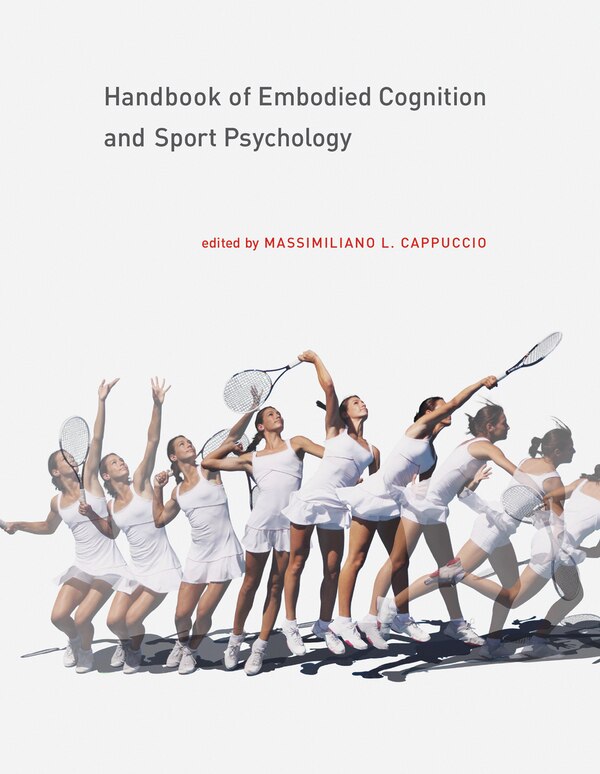
From Massimiliano L. Cappuccio
Handbook Of Embodied Cognition And Sport Psychology by Massimiliano L. Cappuccio, Hardcover | Indigo Chapters in Ottawa, ON
Current price: $112.00
Loading Inventory...
Size: 1.25 x 9.31 x 2.85
*Product information may vary - to confirm product availability, pricing, shipping and return information please contact Coles
The first systematic collaboration between cognitive scientists and sports psychologists considers the mind–body relationship from the perspective of athletic skill and sports practice. This landmark work is the first systematic collaboration between cognitive scientists and sports psychologists that considers the mind–body relationship from the perspective of athletic skill and sports practice. With twenty-six chapters by leading researchers, the book connects and integrates findings from fields that range from philosophy of mind to sociology of sports. The chapters show not only that sports can tell scientists how the human mind works but also that the scientific study of the human mind can help athletes succeed. Sports psychology research has always focused on the themes, notions, and models of embodied cognition; embodied cognition, in turn, has found striking confirmation of its theoretical claims in the psychological accounts of sports performance and athletic skill. Athletic skill is a legitimate form of intelligence, involving cognitive faculties no less sophisticated and complex than those required by mathematical problem solving. After presenting the key concepts necessary for applying embodied cognition to sports psychology, the book discusses skill disruption (the tendency to choke under pressure); sensorimotor skill acquisition and how training correlates to the development of cognitive faculties; the intersubjective and social dimension of sports skills, seen in team sports; sports practice in cultural and societal contexts; the notion of affordance and its significance for ecological psychology and embodied cognition theory; and the mind's predictive capabilities, which enable anticipation, creativity, improvisation, and imagination in sports performance. ContributorsAna Maria Abreu, Kenneth Aggerholm, Salvatore Maria Aglioti, Jesús Ilundáin-Agurruza, Duarte Araújo, Jürgen Beckmann, Kath Bicknell, Geoffrey P. Bingham, Jens E. Birch, Gunnar Breivik, Noel E. Brick, Massimiliano L. Cappuccio, Thomas H. Carr, Alberto Cei, Anthony Chemero, Wayne Christensen, Lincoln J. Colling, Cassie Comley, Keith Davids, Matt Dicks, Caren Diehl, Karl Erickson, Anna Esposito, Pedro Tiago Esteves, Mirko Farina, Giolo Fele, Denis Francesconi, Shaun Gallagher, Gowrishankar Ganesh, Raúl Sánchez-García, Rob Gray, Denise M. Hill, Daniel D. Hutto, Tsuyoshi Ikegami, Geir Jordet, Adam Kiefer, Michael Kirchhoff, Kevin Krein, Kenneth Liberman, Tadhg E. MacIntyre, Nelson Mauro Maldonato, David L. Mann, Richard S. W. Masters, Patrick McGivern, Doris McIlwain, Michele Merritt, Christopher Mesagno, Vegard Fusche Moe, Barbara Gail Montero, Aidan P. Moran, David Moreau, Hiroki Nakamoto, Alberto Oliverio, David Papineau, Gert-Jan Pepping, Miriam Reiner, Ian Renshaw, Michael A. Riley, Zuzanna Rucinska, Lawrence Shapiro, Paula Silva, Shannon Spaulding, John Sutton, Phillip D. Tomporowski, John Toner, Andrew D. Wilson, Audrey Yap, Qin Zhu, Christopher Madan | Handbook Of Embodied Cognition And Sport Psychology by Massimiliano L. Cappuccio, Hardcover | Indigo Chapters
The first systematic collaboration between cognitive scientists and sports psychologists considers the mind–body relationship from the perspective of athletic skill and sports practice. This landmark work is the first systematic collaboration between cognitive scientists and sports psychologists that considers the mind–body relationship from the perspective of athletic skill and sports practice. With twenty-six chapters by leading researchers, the book connects and integrates findings from fields that range from philosophy of mind to sociology of sports. The chapters show not only that sports can tell scientists how the human mind works but also that the scientific study of the human mind can help athletes succeed. Sports psychology research has always focused on the themes, notions, and models of embodied cognition; embodied cognition, in turn, has found striking confirmation of its theoretical claims in the psychological accounts of sports performance and athletic skill. Athletic skill is a legitimate form of intelligence, involving cognitive faculties no less sophisticated and complex than those required by mathematical problem solving. After presenting the key concepts necessary for applying embodied cognition to sports psychology, the book discusses skill disruption (the tendency to choke under pressure); sensorimotor skill acquisition and how training correlates to the development of cognitive faculties; the intersubjective and social dimension of sports skills, seen in team sports; sports practice in cultural and societal contexts; the notion of affordance and its significance for ecological psychology and embodied cognition theory; and the mind's predictive capabilities, which enable anticipation, creativity, improvisation, and imagination in sports performance. ContributorsAna Maria Abreu, Kenneth Aggerholm, Salvatore Maria Aglioti, Jesús Ilundáin-Agurruza, Duarte Araújo, Jürgen Beckmann, Kath Bicknell, Geoffrey P. Bingham, Jens E. Birch, Gunnar Breivik, Noel E. Brick, Massimiliano L. Cappuccio, Thomas H. Carr, Alberto Cei, Anthony Chemero, Wayne Christensen, Lincoln J. Colling, Cassie Comley, Keith Davids, Matt Dicks, Caren Diehl, Karl Erickson, Anna Esposito, Pedro Tiago Esteves, Mirko Farina, Giolo Fele, Denis Francesconi, Shaun Gallagher, Gowrishankar Ganesh, Raúl Sánchez-García, Rob Gray, Denise M. Hill, Daniel D. Hutto, Tsuyoshi Ikegami, Geir Jordet, Adam Kiefer, Michael Kirchhoff, Kevin Krein, Kenneth Liberman, Tadhg E. MacIntyre, Nelson Mauro Maldonato, David L. Mann, Richard S. W. Masters, Patrick McGivern, Doris McIlwain, Michele Merritt, Christopher Mesagno, Vegard Fusche Moe, Barbara Gail Montero, Aidan P. Moran, David Moreau, Hiroki Nakamoto, Alberto Oliverio, David Papineau, Gert-Jan Pepping, Miriam Reiner, Ian Renshaw, Michael A. Riley, Zuzanna Rucinska, Lawrence Shapiro, Paula Silva, Shannon Spaulding, John Sutton, Phillip D. Tomporowski, John Toner, Andrew D. Wilson, Audrey Yap, Qin Zhu, Christopher Madan | Handbook Of Embodied Cognition And Sport Psychology by Massimiliano L. Cappuccio, Hardcover | Indigo Chapters

